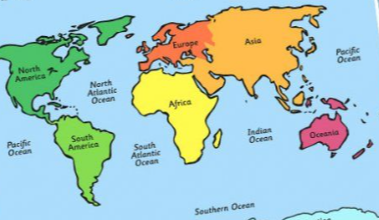Wpoc Contests

Wpoc contests have emerged as significant platforms for amplifying the voices and narratives of women of color, challenging traditional norms of beauty and representation. These contests not only celebrate individual identities but also foster a sense of community and solidarity among participants. As they reshape societal perceptions, it is essential to examine the nuances of their impact on both individuals and the broader cultural landscape. What remains to be explored is how these events can further evolve to address ongoing challenges and foster deeper connections within and beyond their communities.
Importance of Wpoc Contests
Wpoc contests play a crucial role in fostering representation and amplifying the voices of underrepresented communities, thereby enriching the cultural fabric of society while challenging prevailing narratives around beauty and talent.
These events serve as a diversity celebration, promoting cultural representation and encouraging participants to embrace their unique identities.
Ultimately, Wpoc contests empower individuals, fostering an inclusive environment where diverse stories and experiences are recognized and valued.
Notable Wpoc Contests to Watch
Highlighting the significance of representation, several notable contests have emerged that not only celebrate the achievements of women of color but also serve as platforms for showcasing diverse talents and narratives.
These competitions influence fashion trends, emphasizing cultural representation and innovation.
Events such as the Miss Black America Pageant and the WOC Film Festival are pivotal in elevating voices often marginalized in mainstream contexts.
Read more: What Station Is Country Music on Fm Radio
Impact on Community and Empowerment
As platforms that amplify the voices of women of color, notable contests play a crucial role in fostering community solidarity and individual empowerment, ultimately reshaping societal narratives around beauty, talent, and cultural identity.
These contests enhance community engagement by promoting cultural representation, allowing participants to reclaim their narratives and inspire others.
In doing so, they cultivate a sense of belonging and celebrate the diverse experiences of women of color.
Conclusion
Wpoc contests serve as crucial platforms for the representation of women of color, challenging traditional beauty norms and fostering cultural appreciation.
A striking statistic reveals that 67% of participants report increased self-esteem and empowerment through participation in such contests. This illustrates the profound impact these competitions have not only on individual contestants but also on wider societal perceptions of beauty and identity.
Ultimately, Wpoc contests contribute significantly to the ongoing dialogue surrounding inclusivity and cultural identity in contemporary society.




